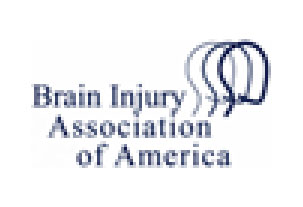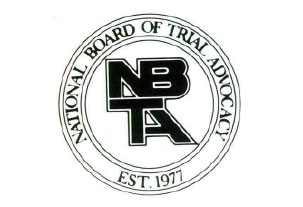According to a report on DisabilityScoop.com, cerebral palsy can be accurately diagnosed in children as young as age 6 months. The news source reports that a study, published in the September 2017 edition of JAMA Pediatrics, found that doctors can use three tools to diagnose a child if he or she is less than 5 months old: neonatal magnetic resonance imaging, the Prechtl Qualitative Assessment of General Movements and the Hammersmith Infant Neurological Examination. Children over the age of 5 months may be able to get a diagnosis through an MRI, the study revealed. Children who are diagnosed early or who show symptoms of “high risk of cerebral palsy” can be entered into early treatment and intervention programs. “Early detection of high risk of cerebral palsy, followed by cerebral palsy-specific early intervention, is recommended and should be the standard of care to optimize infant neuroplasticity, prevent complications and enhance parent…
Read More »
Birth Injury and Cerebral Palsy Attorneys Home
When Can Doctors Diagnose Cerebral Palsy?
October 11, 2017Grieving Family Awarded $20 Million in Child Birth-Malpractice Lawsuit
September 28, 2017According to KSTP-TV, the family of a Minnesota woman who died during child birth has been awarded $20 million following a successful medical malpractice lawsuit. The television station reports that the woman’s husband was awarded $20.6 million in the case against a nurse practitioner (NP) and the company she worked for, which was hired by a hospital in Hennepin County. The verdict is allegedly the largest medical malpractice award in state history. The woman died in 2013, six days after giving birth to her first child following a 20-hour labor period. The lawsuit alleged that she experienced symptoms like chills, nausea, pain and fever in the days following the delivery and she went to the emergency room, where she was observed by the NP. The NP reportedly ordered lab work, which showed signs of sepsis, according to the lawsuit. However, she was allegedly sent home after being told she had…
Read More »
Robotic Device May Help Those with Cerebral Palsy Gain Strength
August 11, 2017According to DisabilityScoop, researchers are working with a robotic device that could help children with cerebral palsy gain strength, and improve their posture and walking ability. The website reported that the system is known as the Tethered Pelvic Assist Device, and is being looked at for helping those with a crouch gait improve their abilities so that their hips, knees and ankles do not bend excessively. Researchers discovered that of the 15 people participating in training sessions with the device, six children had improvement in posture and muscle coordination, as well as range-of-motion. The training sessions involved the children wearing the pelvic robot device while walking on a treadmill. The device applies downward force, similar to something a child would encounter if he or she was carrying a backpack. This helps retrain and work certain leg muscles, gaining strength and memory. “Currently, there is no well-established physical therapy or strengthening…
Read More »













